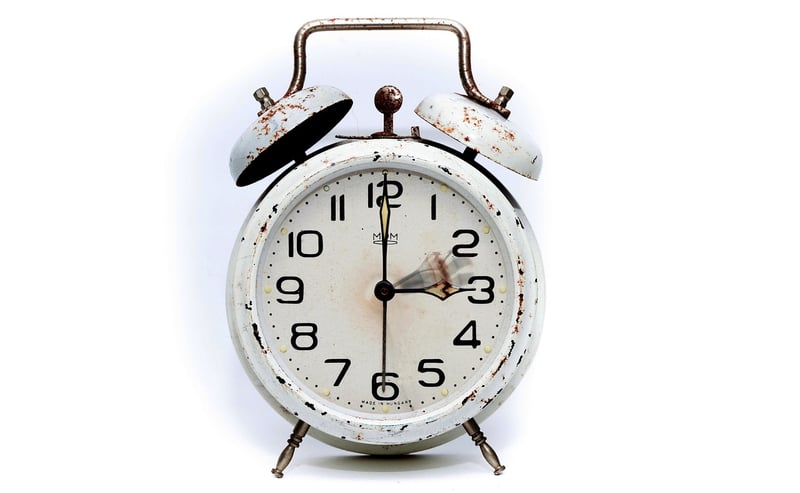Grandfather Paradox
The Grandfather Paradox: A Time Conundrum
Time travel has fascinated humanity for ages, but one of the most intriguing concepts within this realm is the Grandfather Paradox. This thought experiment delves into the complexities of altering the past and the potential consequences that arise from such actions.
What is the Grandfather Paradox?
The Grandfather Paradox is a hypothetical situation where a time traveler goes back in time and prevents their grandfather from meeting their grandmother. As a result, the time traveler's existence is erased, leading to a logical contradiction. If the time traveler was never born, how could they travel back in time to prevent their grandparents from meeting?
Debates and Theories
Philosophers, scientists, and science fiction writers have debated the implications of the Grandfather Paradox for years. Some propose the idea of parallel universes branching off to accommodate the changes made in the past, thus avoiding a direct contradiction. Others suggest that time travel itself might be impossible to prevent such paradoxes.
Time Travel in Popular Culture
The Grandfather Paradox and other time-related conundrums have been extensively explored in popular culture. From movies like "Back to the Future" to TV shows like "Doctor Who," the concept of altering the past and its repercussions continues to captivate audiences worldwide.
Conclusion
While the Grandfather Paradox remains a thought experiment with no definitive resolution, its exploration sparks curiosity and imagination. Whether time travel will ever become a reality or if it will forever remain in the realm of science fiction, the paradox serves as a reminder of the intricate nature of time and causality.

Explore more about time travel and paradoxes to uncover the mysteries that lie within the fabric of time itself.
